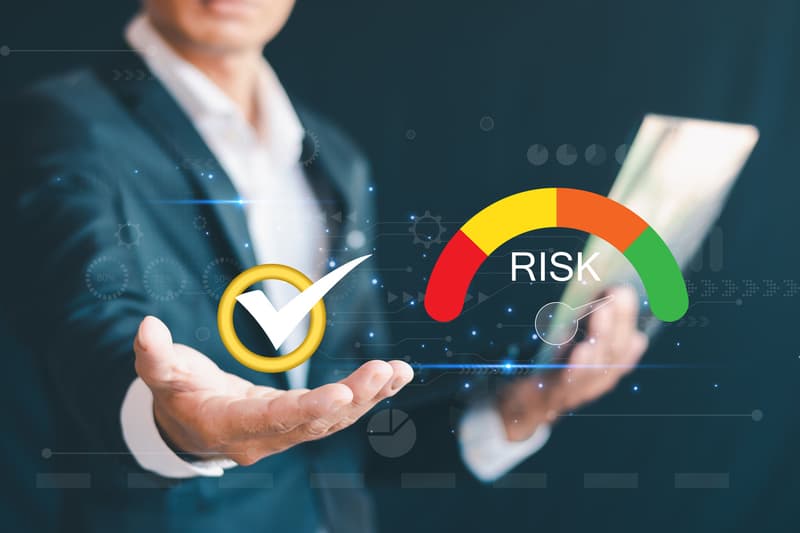
A small business is a company of any size that has less than 100 employees and less than one thousand three hundred dollars in annual sales. Small business is sometimes also called sole proprietorships, partnerships, or limited liability companies (LLCs). Small businesses are generally privately held, partnerships, or corporations that only have less than fifty employees and less than one thousand three hundred dollars in annual sales.
Many small businesses are similar to large companies but are smaller and operate from their owners’ homes or small offices. These businesses have the same basic characteristics as large businesses but have fewer employees, have a shorter operating cycle and typically have higher turnover. The main difference is that a small business has no stockholders and therefore no need to file public company information reports with the Securities and Exchange Commission.
There are many things that make up a small business, such as the number of workers, how much the business earns, the type of products it sells, the amount of overhead expenses, and whether or not the business is a sole proprietorship or a partnership. The business itself may be an unincorporated business, a partnership, or a corporation.
In general, a business can be classified as a large or small business based on its revenue and the amount of assets it possesses. Some businesses are more successful than others because they have a unique product or have a higher level of overhead than other businesses.
A small business must have at least two employees and sales must be made for the business to stay in business. Businesses that have high levels of overhead expenses such as property taxes, utilities, and insurance are considered small business organizations that need to keep expenses down so that the company can remain profitable.
Many times a small business is run by a single individual who is not responsible for paying employees, maintaining inventory, buying products, and maintaining a company’s credit card debt. Because the owner does not have a full time job, the company is run almost entirely by word of mouth.
A small business is also able to provide a variety of services to its customers. Most small businesses sell products that are similar to larger corporations. This is because the owner does not need a large amount of capital to begin selling these products. The small amount of money that is used to purchase products enables the business to expand the number of products that it has to offer and offers more discounts to its clients.
A few of the most common types of small businesses include bakeries, restaurants, repairmen, call centers, lawyers, and private schools. In some cases, a small business can be a start up operation where there are only a few employees and no long term income source. In this case, the company can offer its services to the general public on an as a storefront. The company’s main goal is to make a profit rather than earning profits from a sale.
Although a small business can be an asset in terms of providing a service to customers, some people may not know that a business has an employee until they are asked about it. When a customer gives their name, it is a reflection of their business ethics. Since many small business owners are not involved with the day-to-day operations of their business, this is the first thing that a customer will see when they visit the business.
There are many types of small businesses available for a person to start. A person looking to start a business should determine the type of business that fits his needs and abilities. The owner will have to invest time researching different businesses and what type of equipment and supplies he will require.
Many small business owners have the option of taking advantage of loans from their banks or credit unions. A bank is a financial institution which works with a variety of businesses. In most cases the bank will work with one or a group of banks to provide loans to entrepreneurs who want to open a business.
One advantage to applying for a loan from a bank is that the bank will assume responsibility for any loans that are received, even if they are not actually being used to start the business. Banks usually have a high interest rate for loans and interest is often charged at a high percentage rate.


